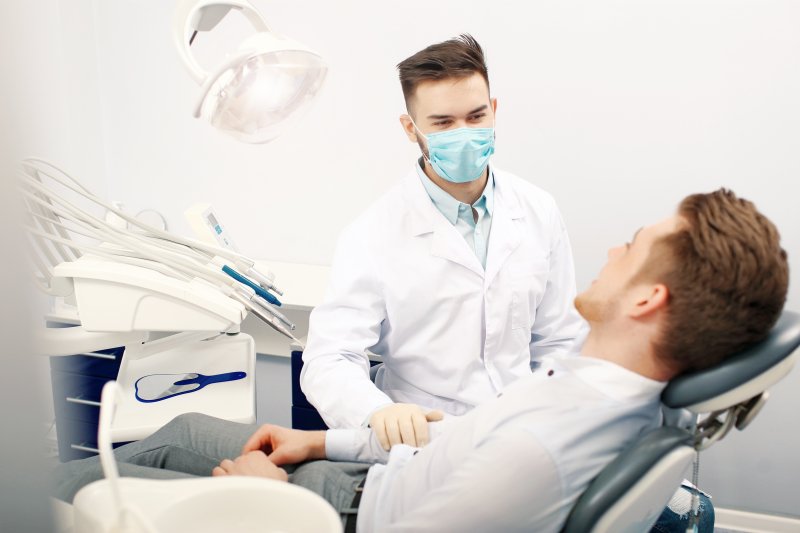
When it comes to oral health, most people only think about their teeth. But the gums play a major role as well, despite them not getting nearly as much attention as they should. They play many important roles in protecting your mouth from dental disease. Without proper oral hygiene, they can actually begin to recede, exposing more of your tooth enamel and putting your teeth at risk for all sorts of problems. To learn more about this condition, and whether or not gums grow back, keep reading.
What is Gum Recession?
Gum recession is a condition where the gum tissue slowly begins to pull away from the teeth, exposing the more vulnerable layers of enamel. This makes your teeth look longer than normal, which many tend to find unappealing. Additionally, your teeth are at higher risk of developing decay as the sections of enamel typically underneath the gums are thinner than the visible portions that make up your smile.
Will Gums Grow Back After Receding?
Unfortunately, much like how enamel cannot grow back after it has been lost, the same applies to gum tissue. After the gums have receded, they will not grow back. That means it’s incredibly important to take as much care of your gum tissue as possible while you still have them to avoid problems in the future.
What Treatments Are Available to Me?
If you are already in a situation where your gums have begun receding, there are treatments available to you to expand your gum tissue back. This includes options like gum grafts, which are generally referred to specialists in the dental field known as periodontists. Not only does gum grafting take time to complete, but it can be an expensive and uncomfortable process. For that reason, it’s best to stay proactive towards your gum health.
How Do I Avoid Gum Recession?
Gum recession is relatively avoidable when you practice daily oral hygiene. This includes brushing twice a day with fluoridated toothpaste and flossing at least once a day. Brushing your tongue is recommended as large amounts of bacteria tend to stick to this area of the mouth. Make sure you aren’t brushing or flossing too hard (for reference, you only need to hold your toothbrush with two fingers to effectively remove plaque from teeth). If you grind or clench your teeth, purchase a custom mouthguard from a dentist as these habits can also lead to gum recession.
Along with oral hygiene, biannual dental checkups should also be part of your dental routine. Schedule an appointment with a dentist today to ensure your gums are healthy and not receding without you realizing it!
About the Author
Dr. Jeffrey Skupny has been serving as a dentist for over a decade now and remains committed to continuing education within his field. His dedicated gum disease treatments, including scaling and root planing, work to reduce damage done to gum tissue and keep them healthy for many years. To schedule an appointment with his office, you can contact him through his website.
